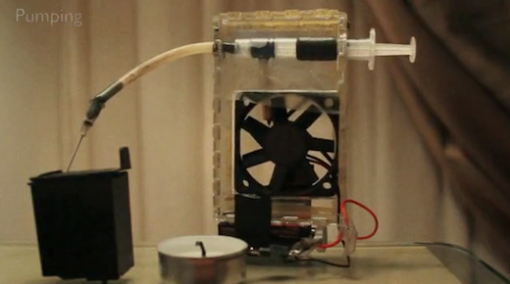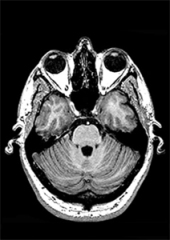Please come join us as Empirical Opera members present in this conference panel & discussion session at the Family Farmed Expo-
Teaching and Eating in the Garden:
Enabling educators to utilize the school garden in their curriculum and find new models for nutrition education.

March 18, 2011 from 11:30am-1:00pm
At the UIC Forum — University of Illinois at Chicago
as a part of the three-day Family Farmed Expo
Location: UIC Forum / 725 West Roosevelt Road, Chicago, IL 60607. Click for directions/map.
Purchase tickets (for single event, full day, or three-day pass) at the Family Farmed Box Office.
Join this Breakout Session panel presentation and community discussion-
Teaching and Eating in the Garden: Enabling educators to utilize the school garden in their curriculum and find new models for nutrition education.
Breakout Session Goals:
Establishing and incorporating gardens into schools’ curriculum is a priority. Nutrition education must embrace a broader understanding of the ecological, personal and social impact of the foods we eat. School gardens provide an unparalleled opportunity for engaging in the food system and illustrating it’s complexity.
Participants will come away with:
- Motivation and inspiration to begin growing edible plants as educational
tools in a way that can scale to their needs, be that small herb plants in
the classroom or a larger in situ garden.
- Recognition of the school garden as an opportunity to teach a wide variety
of subjects and skills including: biology, history, team work, math, writing…
- Strategies to encourage student, parent, community and teacher
involvement in the school garden.
- Ability to instruct students in Taste Education.
Session goals, discussion issues & possible policy changes:
- Funding allocated for establishing school gardens.
- Healthful cooking instruction included in curriculum.
- Professional development for teachers to learn gardening skills, garden based curriculum and cooking curriculum.
- Require nutrition education to include instruction on of food systems (ie.where food comes from, environmental impact, social impact, etc.) in addition to personal health issues.
By presenting this session, we hope to establish a community of people with a
commitment to school gardening and nutrition education who can share contact
information (on a voluntary basis). Creating this access to each other’s passion and skills will bolster success in projects inspired by this session. The hope is that this group will then
begin their own educational gardening and cooking projects and share their
experiences and discoveries with each other.
The session will also provide a take-away “tool kit” that will assist participants in moving forward with policy action in their community.
The tool-kit will include:
- example curriculum from several teachers and schools
- planning and growing advice for establishing a school garden
- classroom ready recipes
- sources for gardening materials
- possible funding sources
- resources for gardening advice
- resources for curriculum
- a list of professional development opportunities
Panelists/Discussion Guiders:
Megan Larmer is a board member with Slow Food Chicago and the Chicago Rarities Orchard Project. In 2010 she was selected as a delegate to Slow Food International’s Terra Madre conference. Currently, Megan is training as a Master Gardener. Megan is the facilitator & organizer for this CFPAC breakout session.
Lynn Hyndman on retiring from teaching took on the challenge of starting an edible school garden at her former school. The Dawes Garden of Eatin’ begins its eighth year of operation this spring. At the heart of the program is Taste Education along with helping children understand that their food choices effect not only their health but that of the planet.
Patricia Holdredge is a special subject handwork teacher at the Chicago Waldorf School. She is also the master gardener for the school who was instrumental in developing the Sophia Garden for over 10 years and now maintains the school’s beehives and plots in the Ruby Garden in Schreiber Park. In 1999 and 2000 Mayor Daley presented the Sophia Garden with 1st place awards in the City of Chicago’s Landscape Competition.
Jason Greenberg is parent and staff at the Chicago Waldorf School. He teaches sustainable design. As an activist educator he founded the Empirical Opera, the Spring Green Bike Tour, and has collaborated with Angelic Organics Learning Center, Heifer International, Chicago Rarities Orchard Project (CROP) and other locavoure and slow food advocacy organizations.
Jennifer Sandy became involved with Slow Food Chicago through the preSERVE project, a community garden in North Lawndale.


























